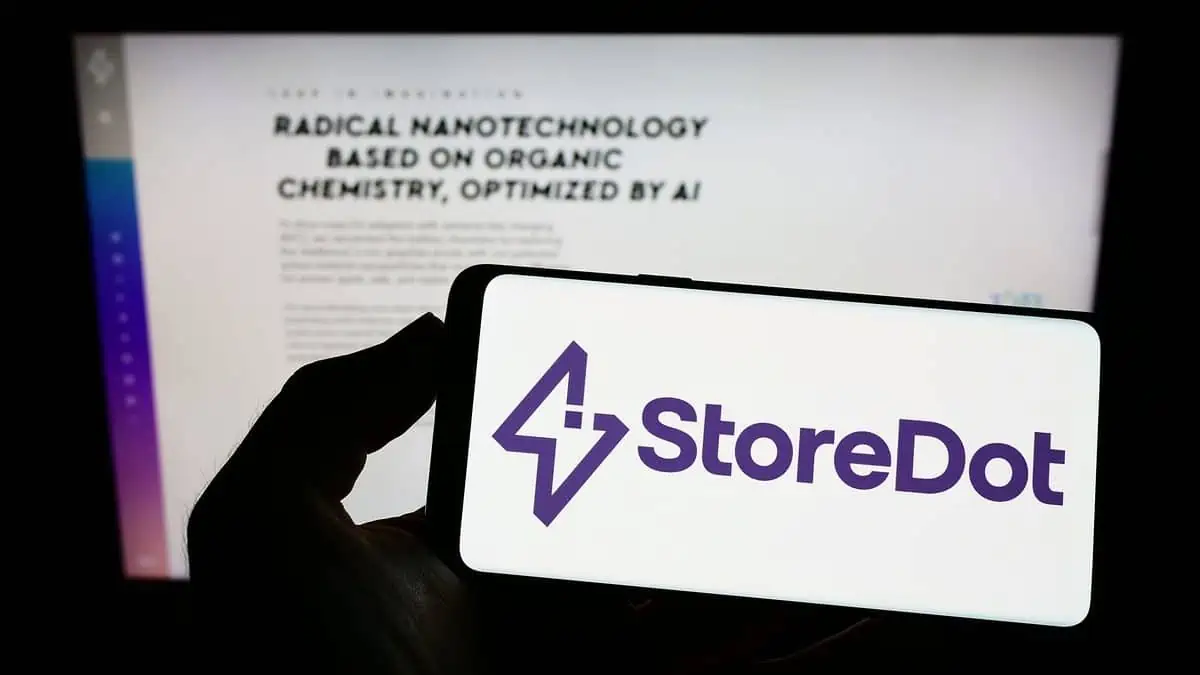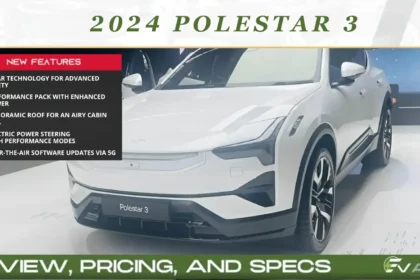Battery startup StoreDot claims to have reached a significant breakthrough with its silicon battery prototypes that apparently do not suffer degradation despite numerous fast charging cycles when compared to slow charging.
According to the press release, StoreDot’s extreme fast charging (XFC) battery cells have overcome numerous strict charging profile tests to demonstrate its capacity.
XFC testing
StoreDot employed 1,000 consecutive extreme fast charging (XFC) tests simulating real-world settings for its silicon batteries. These include various real-world charging sessions, such as increasing the State of Charge from 10% to 80% in just 10 minutes and recharging cells from 0% to 100% SoC with XFC.
“The significance of testing our silicon batteries under various use-case conditions demonstrates our battery’s robustness regardless of drivers’ charging habits, recharging frequency, or charger power.”
Dr. Doron Myersdorf, StoreDot CEO
Findings
According to the findings, the cells showed no degradation compared to battery cells that underwent slow charging from 0-100% SoC. In the real world, it equates to using a Level 1 or 2 charger.
That said, the testing proved that charging at slow or extremely high speeds does not affect the battery’s degradation.
“In full cycle charge tests, emulating real-world use case, XFC was applied from 10% to 80% of the charge in 10 minutes, with the remaining charging cycle from 0-10% and 80-100% performed with slower (1C) charging.
In parallel, these silicon battery cells were also tested for full slow charging cycles from 0% to 100% and also achieved a similar cycle life performance.
Despite each cycle applying XFC for most of the charge (i.e., 70%), the cells demonstrated no additional degradation — a result that is on a par with cells that were slow charged from 0-100%, emulating the common use case of levels 1 or 2 charging.”
StoreDot
Commercialization
However, StoreDot’s silicon-based XFC battery cells may take a long time to be actually equipped in electric vehicles.
InsideEVs reported that 15 global electric automakers tested A-samples of the battery cell in early 2023. Meanwhile, other companies are currently exploring the B-sample.
StoreDot is actively working to bring the battery technology towards OEM commercialization, with plans to prepare for mass production of the “100in5” cells as early as 2024. It apparently enables a driving range of at least 100 miles (160 km) in just 5 minutes.
See Also:
The advancement of StoreDot’s XFC battery cells will significantly boost the widespread adoption of electric vehicles. It can potentially address the prevalence of range and charging anxiety among EV owners with its ability to support extremely fast charging every time.






